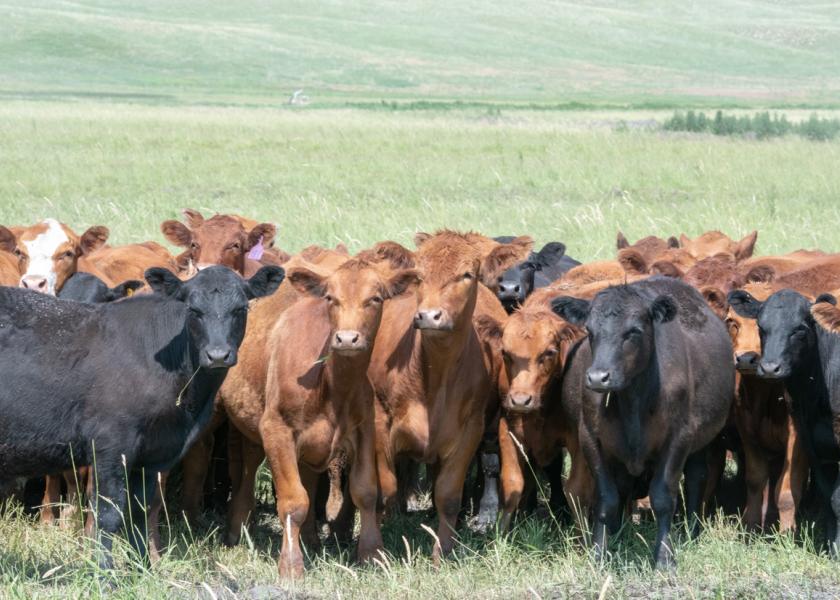Nalivka: Genetic Merit Value Discovery Could Prove Monumental

The first Texas cattle drives rolled out in 1846 when a herd of 1,000 cattle were trailed to Ohio by Edward Piper. This was the beginning of an historic and important period that lasted 40 years and marked the beginning of the U.S. cattle and beef industry that we know today.
One hundred seventy-five years after that first Texas cattle drive, the first meeting for the Genetic Merit Task Force, a group of about 45 experienced beef industry people including ranchers, cattle feeders, geneticists, breed associations, and livestock economists was held in Denver on November 2, 2023. This will be the first of several meetings over the next 18 months. The stated purpose of the Task Force is to “identify various ways, methods, educational programs, and initiatives that will accelerate the constructive use of objective genetic information in the feeder cattle and calf markets.”
This meeting was the beginning of what the Task Force firmly believes is an attainable, though perhaps not easy, goal – to begin centering the feeder cattle and calf market on their true value. This value is centered on a herd of healthy cattle with the genetics that will lead to positive performance in the feedlot and in the packing plant and will best serve a satisfied consumer. I have written about and discussed a goal of pricing cattle in consideration of the entire supply chain from producer to feeder to packer to consumer. Today, this type pricing represents a relatively small share of the total feeder cattle and calves traded in the market.
Over the day of our meeting, our discussions centered on current aspects of the market and the importance of genetics in producing and marketing cattle for quality. But, our conversations also honed in on the challenge of encouraging producers to 1) investing to incorporate high-quality genetics into their herd, 2) incorporating EPDs and DNA testing to capture their herd’s genetic potential 3) logging and tracking production data from their herd, and last, but not least, 4) using this data to market their cattle for the “true value representing the animal’s genetic potential.”
One hundred seventy-five years ago, the U.S beef industry began the trail drives to move cattle from Texas to the interior of the country to raise and produce beef for the American people. By 1867, the U.S. cattle herd totaled about 27 million. The first recorded beef production was in 1899 at 5½ billion pounds. Today, those early trail drives have become an industry with a herd of 89 million cattle that produces 27 billion pounds of high-quality, American beef that contributes to feeding not just Americans, but the world.
We all left the Task Force meeting knowing this task is not an easy one, but just as the challenge faced by those early Texas drovers, it is attainable.







